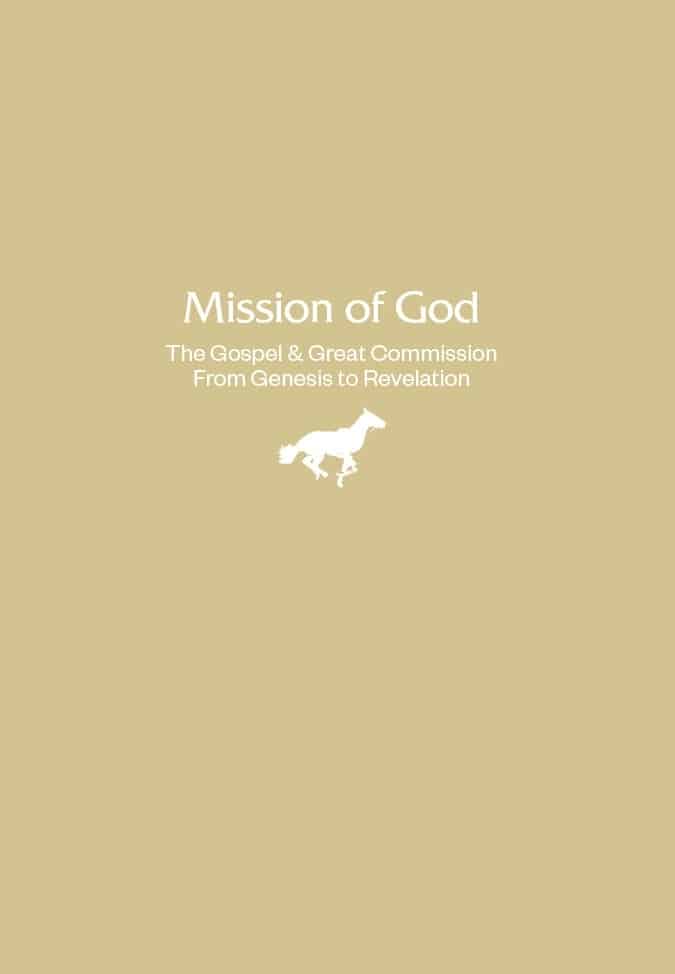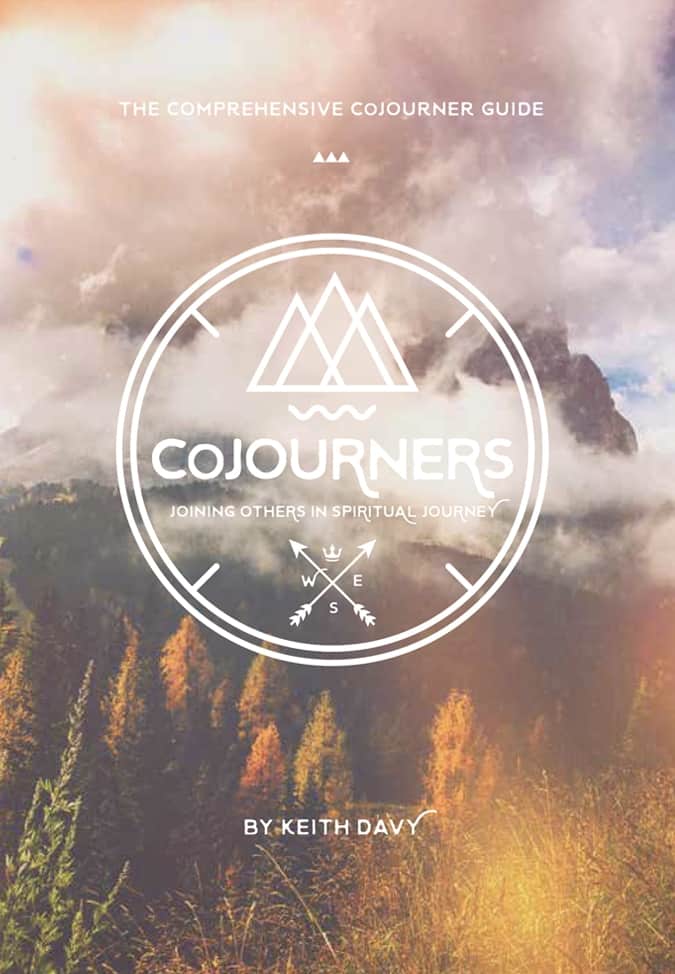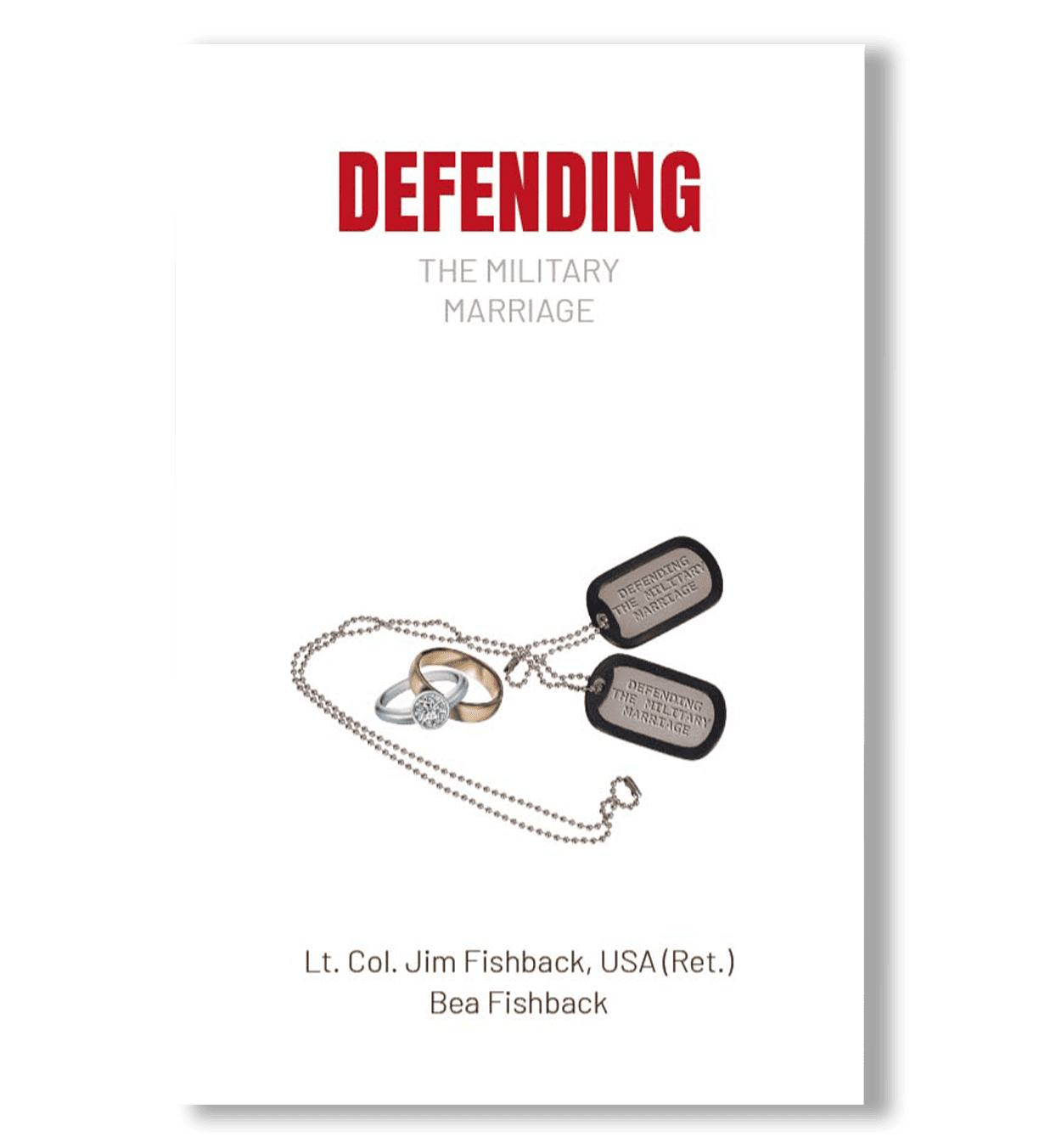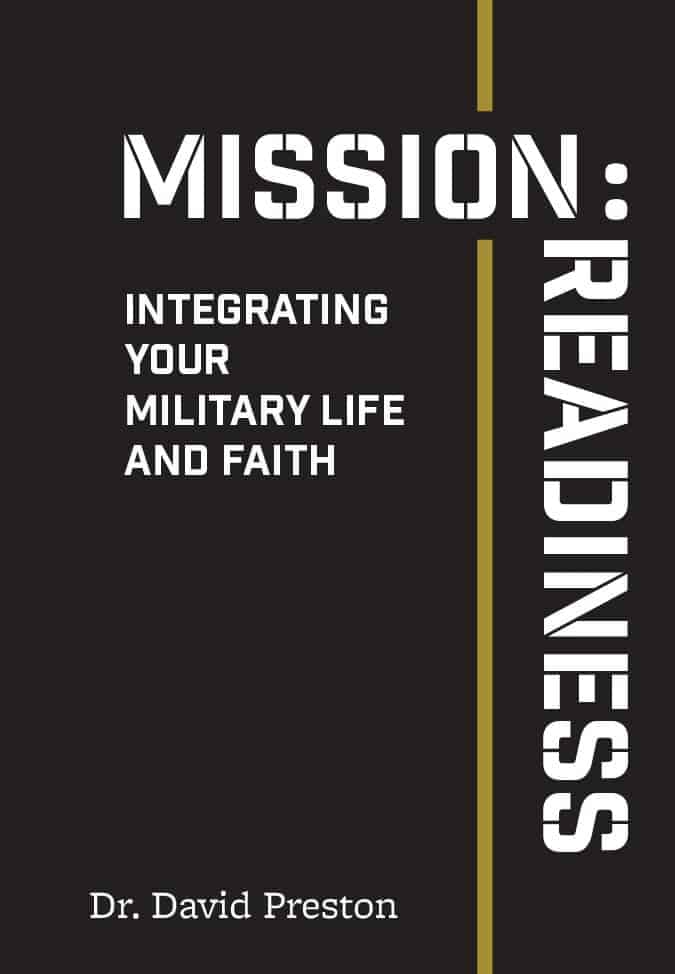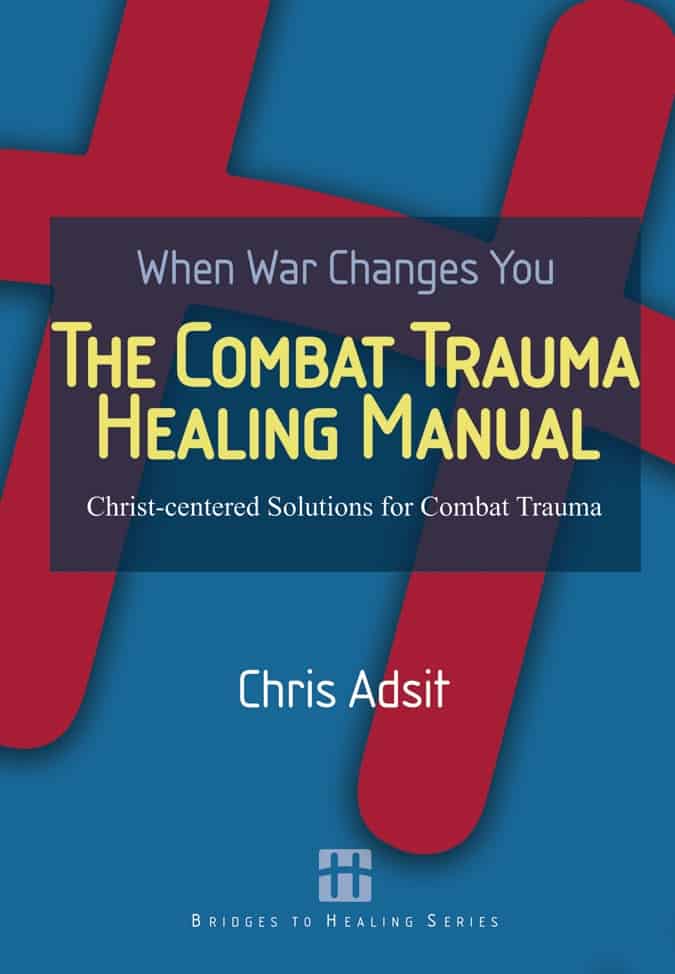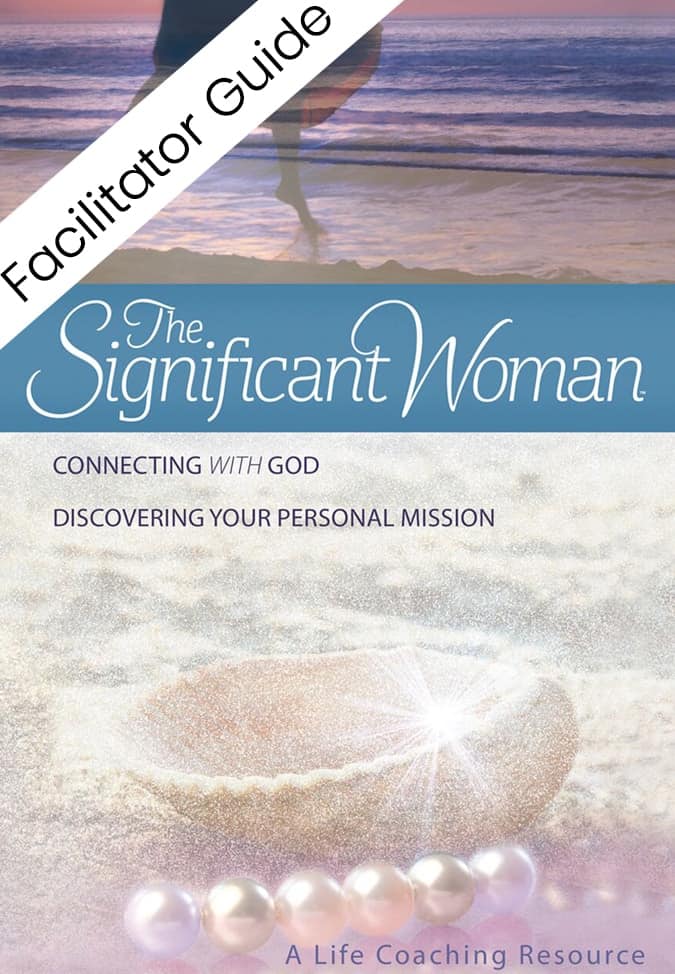Using the KGP Conversationally | Cru Discipleship 5c

Connect
Have you ever had the experience of being approached by someone who tried to persuade you that their worldview was true? What was positive and/or negative about that experience?
Cultivate
Summary: Adding some thoughtful questions to Would You Like to Know God Personally? or other gospel booklets can make using these transferable tools a truly interactive, safe and positive experience.
For this lesson you should be able to go through Knowing God Personally online. You can also use the GodTools iOS and Android apps.
How We Share the Gospel Makes a Difference
Read Colossians 4:2-6.
“And pray for us, too, that God may open a door for our message, so that we may proclaim the mystery of Christ, for which I am in chains. Pray that I may proclaim it clearly, as I should.” (New International Version)Discuss:
- How does Paul (the author of Colossians) want to proclaim “our message,” the gospel?
- What do you think it means to communicate something clearly?
There may not be an easier way to share the gospel than using a gospel booklet like Knowing God Personally, or KGP for short. A relational and engaging way to use the KGP is to add exploratory questions at the end of each point rather than leading questions and statements. Today, in a culture where authenticity is highly valued, asking leading questions (or questions to which you already know the answer) communicates a disingenuous attempt to know and care for someone. This approach to sharing the gospel makes it difficult to foster trust and create a safe environment that allows people to lower their guard and be honest.
Another current cultural reality is that many people don’t have a clear sense of what they believe or why they believe it. Asking exploratory questions helps people process their own worldview and the truth, which is increasingly becoming more foreign and confusing. Asking genuine, exploring questions puts us in the posture of concerned helpers for their benefit, rather than pushy Christians looking to benefit ourselves.
One of the tremendous benefits to this conversational approach is that it is very easy to adapt it to other evangelism methods and to any spiritual conversation.
Discuss:- Honestly, what do you think about the idea of using a booklet to share the gospel with someone?
- What do you think about using a booklet along with exploratory questions to hear others share what they think of the gospel?
- What advantages or disadvantages are there to this listening approach to sharing the gospel?
How to Introduce Knowing God Personally
Introduce the KGP by saying something like, “I’d love to get your thoughts on what it means to know God personally.” Notice that this is a subtle yet significant difference from what you may have often heard: “Can I share with you how to know God personally?” Avoid using words like “share” and “present.” We want to express a desire to understand others more than a desire to be heard. In this way, we can truly help others gain a more clear understanding of the gospel.
How to Go Through Knowing God Personally
Read through the KGP with someone, but replace the written questions with the following questions:
At the end of Principle 1 ask:
- What do you find easy or difficult to believe about this view of God?
At the end of Principle 2 ask:
- What do you find easy or difficult to believe about this view of our human condition?
At the end of Principle 3 ask:
- What do you find easy or difficult to believe about this view of Jesus and his claim to be the only way to God?
Notice that each of these three responses are essentially the same question. If you memorize the first part, adding the subject will be easy. You can also use this approach to ask exploratory questions on just about any topic.
Roleplay: In pairs have each person try introducing the KGP and going through it until you arrive at the circle diagrams. If someone responds with doubts or disagreements about anything in the KGP, be sure to affirm them for their responses. Commonly once you’ve affirmed or acknowledged their concerns, you’ll be able to continue going through the booklet. If their concerns persist, be sure to address these further. In the last section of this lesson there are some additional ideas about how to help people through their doubts and objections.
How to Bring Someone to the Point of Decision
Before the circle diagram on Section Four ask:
- What do you find easy or difficult to believe about this view of how we can only receive God’s grace through faith in Jesus Christ?
After explaining the circles ask:
- Which circle represents where you are in relation to Christ and which one represents where you want to be?
After reading through the Prayer ask:
- Does this prayer represent what you believe is true, what you need, and what you desire?
Then ask one of these two questions:
- Would you like to pray this prayer to receive Christ now?
or
- In light of this conversation, what’s the next step you want to take on your spiritual journey?
Some additional options you can encourage people consider are:
- Explore a website like everystudent.com®
- Download a Bible app and read through the Gospel of John
- Pray to ask God to reveal himself.
- Schedule a time to meet again to talk more!
Roleplay: Pair up again and, starting at the circle diagrams, roleplay through to the end of the KGP.
How to Respond When People Raise Doubts
When people raise doubts about something they’ve read in the KGP, don’t feel that you have to give the right answer. If you can share something that would help them understand more clearly, please do so. Keep in mind that there are five common barriers people have that make it difficult for them to come to know Jesus. Listening for these five barriers will help you understand how to help people move past their barriers.
- Ignorance: They’ve never heard — they just don’t know.
- Misconceptions: They believe something about Christianity that’s not true.
- Fear: They fear losing community, wealth, identity, security, pleasure, a secret, an addiction, etc.
- Pain: Trauma or other painful life events can cause people to distrust God and doubt his goodness.
- Fruitless Christians: No one wants to become like their unloving, self-righteous, angry or unhappy friends.
Depending on the barrier(s) you identify, respond with questions that will help them process their doubts and the truth of the gospel. You may be surprised by how effective these questions can be in helping people process the gospel and self-discover what they really believe and why.
1. Check-In Questions:
- What’s easy or difficult to believe about …?
- What do you think ... (about what I just said)?
2. Understanding Questions:
- What is it that makes this … (difficult to believe)?
- Why do you think ... (the Bible is a book of fiction)?
- Have you ever … (read any of the Bible)?
- Where did you learn … (science proves God doesn’t exist)?
- Why do you believe ... (what they say)?
3. Clarifying Questions:
- What do you think it means to … (put your faith in Jesus)?
- What do you mean when you say …?
4. Possibility Questions:
- Have you ever thought … (what if there is a God who loves me)?
- Do you think it’s possible that … (there was an all powerful God, that God could work through people to communicate the truth to us)?
- If ... (salvation or complete freedom) was possible … (what would you be willing to give up in order to experience it forever)?
5. Explore Confusion and Contradiction Questions:
- Help me understand … (how these two things can both be true at the same time)?
- Help me understand … (how Jesus can be a spirit or an angle if there is no God)?
6. Heart Level Questions:
- What do you fear might happen if you surrendered your life to Jesus?
- If you become a follower of Jesus, how would the people you care about respond?
- Do you ever feel like you're unworthy to be loved by God?
- Do you ever think that you’ve done too many bad things for God to forgive you?
Brainstorm: Share some of the barriers people might have shared during their roleplay. Then, as a group, think of some good questions you could ask someone to help them process those barriers and the truth of the gospel.
Discuss:- Which parts of this lesson did you find the most helpful?
- Which parts of this lesson did you find the least helpful?
- Do you now feel more motivated to use the KGP with this conversational approach than you did before we started this lesson?
Roleplay: Take some time this week to practice asking questions through the KGP at least three more times.
Pray: In light of what we’ve discussed, how can we pray for each other right now?
Care
Since we last met, what happened as a result of expressing Christ’s love to others?
How can you, or we, initiate conversations to explore people’s thoughts on the gospel through the KGP this week?
With whom will you/we initiate?










